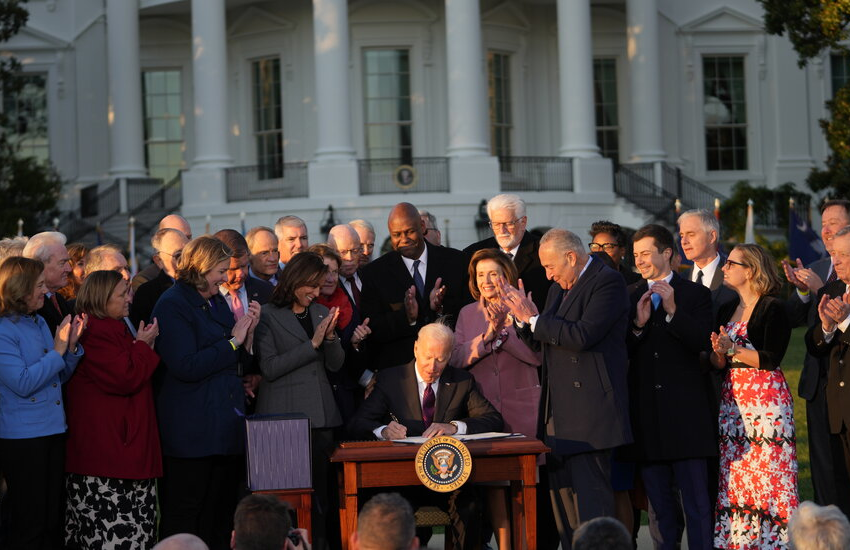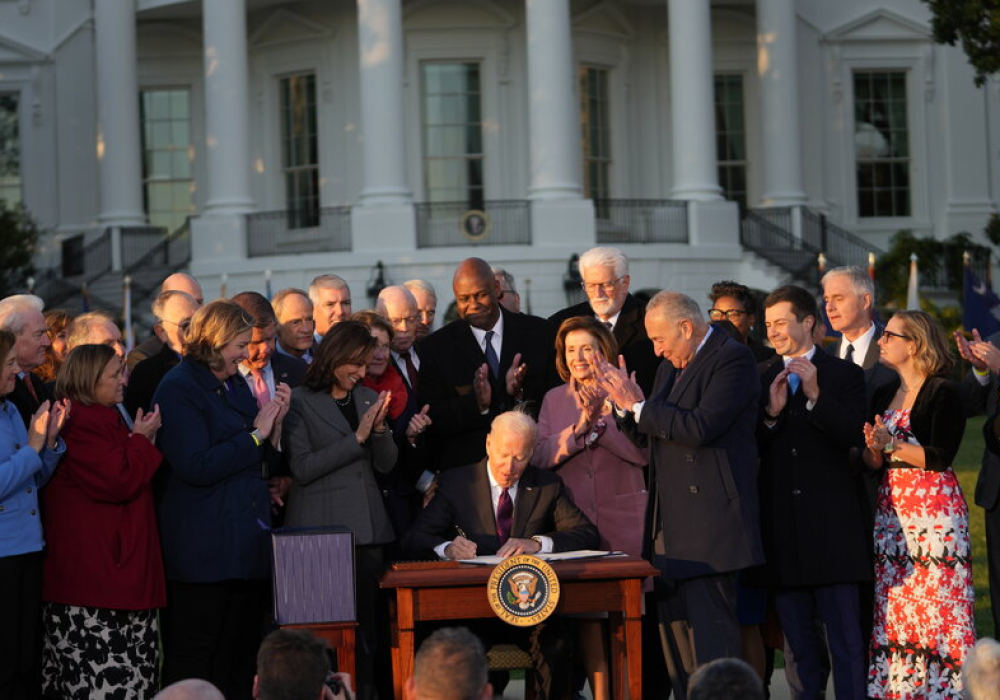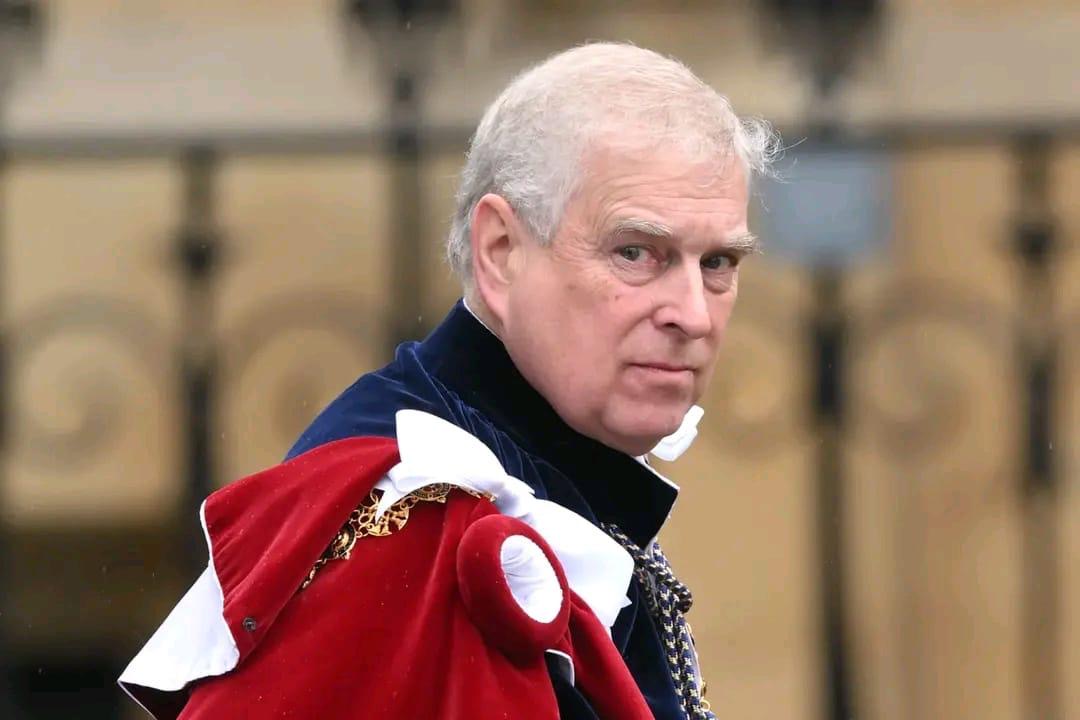The legislation was the product of intense negotiations spanning much of the first year of Mr. Biden’s presidency, and of the back-slapping, coalition-building politics the president has relished in a government career stretching back to the 1970s. Mr. Biden brokered agreements first with Senate Republicans, 18 of whom ultimately voted for the bill, and then with progressive Democrats in the House, who held up its final passage in order to raise pressure on centrists in Mr. Biden’s party to support the larger spending bill.
The Infrastructure Bill at a Glance
Transportation. The proposal would see tens of billions of dollars in new federal spending going to roads, bridges and transportation programs. Amtrak would see its biggest infusion of money since its inception, and funds would be allocated to programs intended to provide safe commutes for pedestrians.
Climate. Funding would be provided to better prepare the country to face global warming. The Forest Service would get billions of dollars to reduce the effects of wildfires. The bill includes $73 billion to modernize the nation’s electricity grid to allow it to carry renewable energy.
Resources for underserved communities. A new $2 billion grant program is expected to expand transportation projects in rural areas. The bill would also increase support for Native American communities, allotting $216 million to the Bureau of Indian Affairs for climate-resilience and adaptation efforts.
As Mr. Biden and other speakers noted on Monday, previous presidents had tried and failed to broker big-spending infrastructure deals. Under President Donald J. Trump, “infrastructure week” became a running joke, as administration officials frequently promised to focus on the issue only to be derailed by a rolling series of scandals. Mr. Trump’s team never made a serious push for an infrastructure bill in Congress, choosing instead to focus on a large tax cut that passed in 2017.
Senator Rob Portman, an Ohio Republican who led his party’s side in the infrastructure talks, credited Mr. Trump on Monday for elevating the issue among Republicans. Mr. Biden made no mention of that, instead using the moment to talk about how Washington can overcome partisan wrangling when there is agreement on policy.
While the package is smaller than what Mr. Biden originally proposed, about $550 billion of the bill represents an increase over current spending levels. Researchers at the Brookings Institution estimate that the money will increase federal infrastructure spending as a share of the economy by half over the next five years, putting it nearly on par with the infrastructure provisions of the New Deal under President Franklin D. Roosevelt. If Mr. Biden’s $1.85 trillion spending bill — which includes more money to combat climate change — also passes, they estimate the increased infrastructure spending will eclipse the New Deal.
That increase will challenge the government’s ability to spend money on time and effectively. On Sunday, Mr. Biden appointed Mitch Landrieu, the former mayor of New Orleans, to oversee implementation of the infrastructure bill.
“Implementing a historic bill like this will test all of our management facilities,” said Adie Tomer, who leads infrastructure work at Brookings’ Metropolitan Policy Program. The challenges, he said, include “hiring federal, state, and local officials to direct programming; finding enough skilled tradespeople to execute the work; and securing equipment and materials during a major supply chain crunch.”
Liberal economists fault the package for not spending enough, particularly on climate, turning up the pressure on Mr. Biden and congressional Democrats to pass the social policy bill, which is moving through a process that would allow party leaders to pass the bill with no Republican votes.














